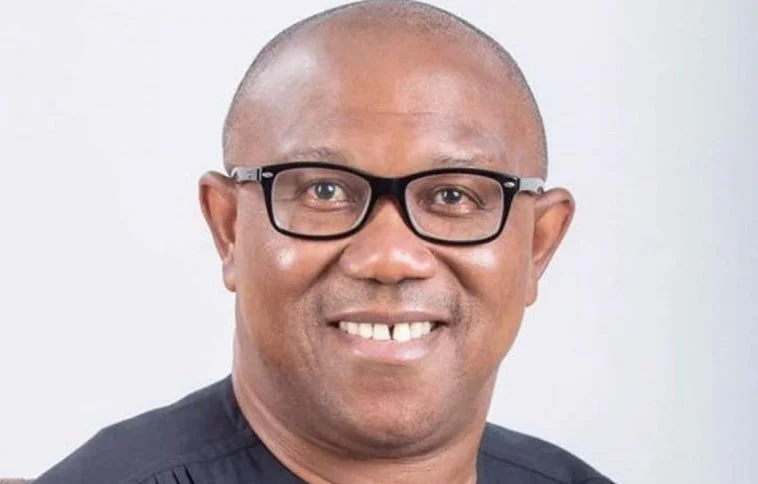The Vice Presidential Candidate of Peoples Democratic Party in the 2019 election, Peter Obi, has described the re-election of Prof. Benedict Oramah as the President of African Export-Import Bank as an obvious reward for hard work.
In a press release on Thursday, Obi congratulated Prof. Oramah, saying his re-election as Afreximbank’s President was a clear manifestation that he performed well in his first tenure.
“Your recent re-election as the President of African Export-Import Bank (Afreximbank) brings to bare the saying that the reward for hard work is more work. Your first five years as the President of the Pan-African multilateral financial institution were obviously successful and decorated with numerous achievements, the reason you were re-elected,” Obi said in the congratulatory message.
Oramah, who was re-elected on June 14, 2020 in Cairo during Afreximbank’s 27th Annual General Meeting of Shareholders, which was held by circulation of resolutions due to the COVID-19 pandemic situation, appreciated the opportunity given to him again to serve Africa in such capacity.

In an acceptance statement released shortly thereafter, President Oramah told Shareholders that the Bank’s ultimate goal in his second term of office is the realisation of Africa’s strategic ambition to create an integrated market.
“We want an Africa where the foundations of the African Continental Free Trade Agreement (AfCFTA) are laid expeditiously so that the 84,000 kilometres of borders that have divided us for ages can begin to come down,” Prof. Oramah said, adding that AfCFTA would “drive the industrialisation of Africa, support the emergence of regional value chains, turn Africa’s creative and cultural assets into engines of growth, grow jobs for the continent’s youth, convey respect to Africans wherever they may be and better prepare the continent to compete more effectively in the global markets.”
Obi then urged Oramah to see his office as an avenue to build a bigger and better Africa with stronger and booming economies, zero unemployment rate and a massive investment into the education, health and MSME sectors, which, he said, were capable of lifting millions of Africans from poverty.


